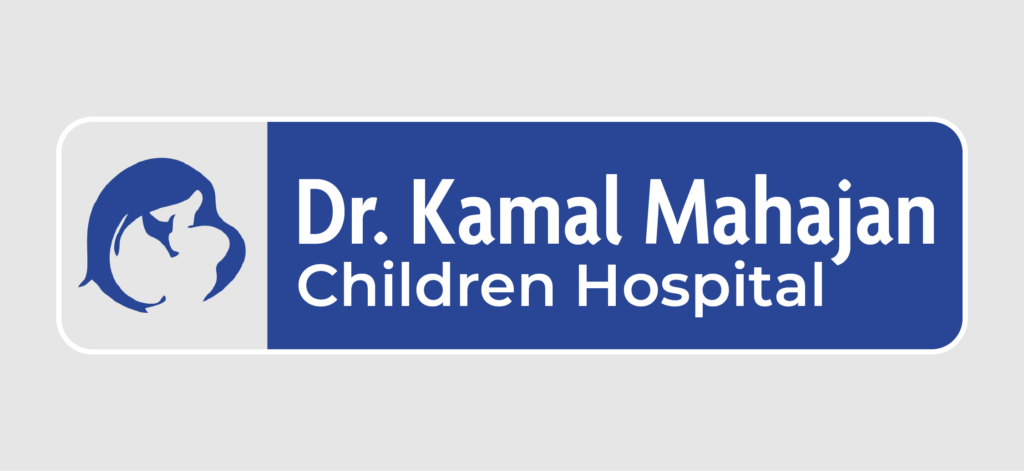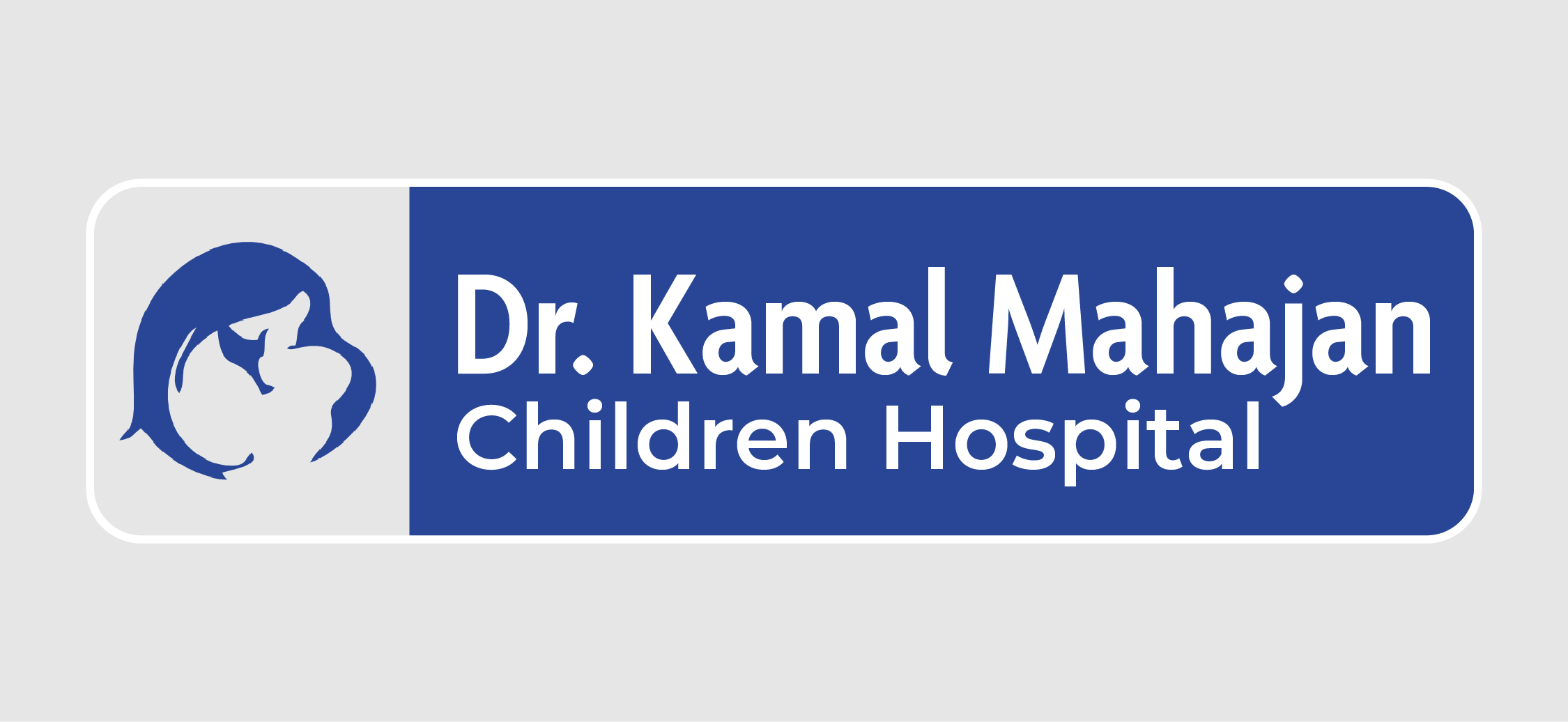Seeing your child suffer from diarrhea can be concerning for any parent. While it’s common, diarrhea in children can lead to dehydration and discomfort. We understand how stressful it can be when your child is unwell, and we’re here to help.
What Is Diarrhea in Children?
Diarrhea is when your child has loose, watery stools more often than usual. It can be caused by various factors like infections, food intolerances, or even stress. Most cases are short-lived, but it's important to monitor your child’s health, especially for signs of dehydration.
Common Causes of Diarrhea
Several things can cause diarrhea in children, including:
- Viral Infections: Viruses like rotavirus or norovirus are common causes and often come with vomiting, fever, and cramps.
- Bacterial Infections: Contaminated food or water can bring on bacteria like Salmonella or E. coli, which can cause more severe symptoms.
- Food Intolerances: Some children may develop diarrhea after eating certain foods, such as dairy, if they have lactose intolerance.
- Antibiotics: Sometimes antibiotics can upset your child’s stomach and cause diarrhea.
- Stress or Anxiety: Emotional stress can also affect your child’s digestion and trigger diarrhea.
Signs to Watch For
In addition to loose stools, watch for these symptoms:
- Fever: A high fever might indicate a bacterial infection.
- Stomach Pain: Your child may complain of cramps or bloating.
- Dehydration: Signs like a dry mouth, fewer wet diapers, or lethargy may point to dehydration.
- Blood in Stools: If you notice blood or unusual color in the stool, consult a doctor.
- Tiredness: If your child seems overly tired or weak, it could be due to dehydration or the illness itself.
When to See a Doctor
While most diarrhea in children resolves on its own, you should see a doctor if:
- It lasts more than 2-3 days.
- There’s blood or mucus in the stool.
- Your child shows signs of severe dehydration (dry mouth, no tears, little to no urination).
- Your child is very young (under 6 months) or has an existing health condition.
At Kamal Mahajan Children Hospital, we provide quick, expert care if your child needs treatment.
How to Treat Diarrhea in Children
Most cases of diarrhea can be treated at home with these steps:
- Keep Them Hydrated: Offer oral rehydration solutions (ORS), coconut water, or clear soups to replace lost fluids. Avoid sugary drinks like soda or juice.
- Stick to Simple Foods: Once your child feels like eating again, offer easy-to-digest foods like bananas, rice, applesauce, and toast (BRAT diet).
- Avoid Dairy and Fatty Foods: If your child has trouble digesting dairy, skip milk and fatty foods until they recover.
- Watch for Dehydration: If your child is unable to drink or shows signs of dehydration, seek medical help.
Preventing Diarrhea
While it’s not always preventable, you can reduce the risk of diarrhea by:
- Encouraging handwashing: Teach your child to wash their hands frequently, especially before meals and after using the bathroom.
- Avoiding contaminated food and water: Be cautious with food and water, especially when traveling.
- Vaccination: Ask your doctor about vaccinating your child against rotavirus.
Diarrhea in children is usually mild and can be managed at home with hydration and a simple diet. However, it’s important to stay alert for signs of dehydration and seek medical care if needed. At Kamal Mahajan Children Hospital, we’re here to support you and your child through every step of the recovery process. If you have concerns or need guidance, don’t hesitate to reach out.
Contact us today for expert pediatric care and advice!




